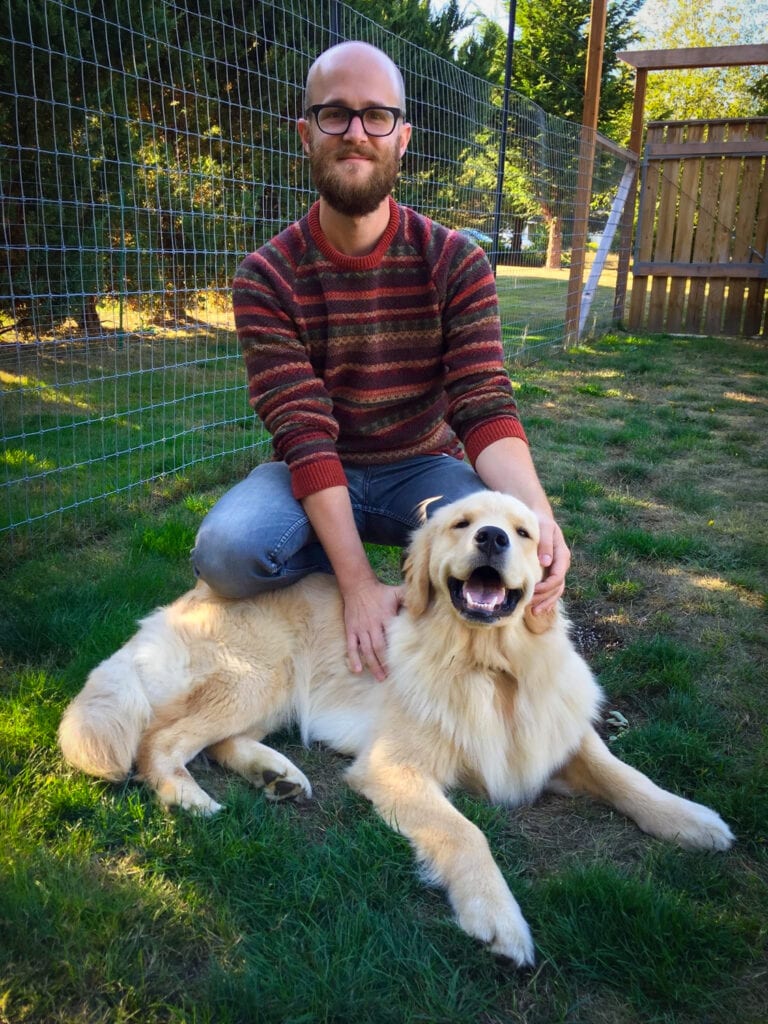Meet Patrick

![]()
Are you or your child unable to find the motivation to get out of bed in the morning, or grappling with crippling anxiety? Are you going through a major life transition, and you’re not sure if you’re making the right decision? Or maybe you just feel utterly exhausted by the emotional toll of COVID-19? Now more than ever, so many people need some support to develop the skills to make their life easier.
Anyone who’s decided to see a therapist should know that they’re receiving a treatment that works. I specialize in research-supported therapies and collaborate with teens and young adults to overcome their depression, anxiety, traumatic stress, and other mental health challenges. I help people build the skills to challenge negative thoughts, improve their relationships, and develop a life worth living.
I received my masters degree in Child & Adolescent Psychology from the University of Washington, and I previously worked with children and adolescents at Sound Health in Seattle. I currently co-lead a Dialectical Behavior Therapy (DBT) skills group and conduct individual DBT for a small group of clients with Greenlake Therapy, helping adults build the skills to manage intense emotions and mood swings. Passionate about mentoring adolescent youth, I volunteer and sit on the board of Journeymen, a mentoring and rites of passage organization based in Vashon, WA.
Prior to becoming a therapist, I worked as a product manager and business owner for tech companies in Baltimore, London, and Seattle. Outside of work, I have a deep love of music, and I spend an embarrassing amount of time shopping for records. I sometimes DJ at local venues in Seattle, and I love to explore the Pacific Northwest during the summer.